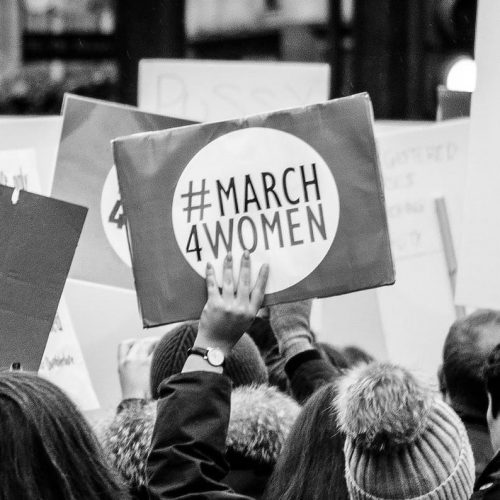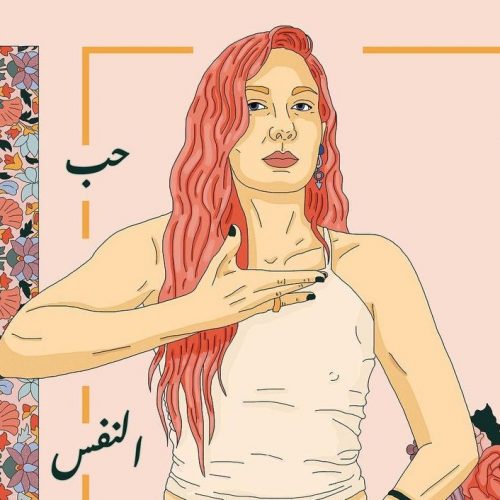The patriarchal nature of Arab societies will come as no surprise to most of us. Despite it being widely criticised, especially by those who have grown up in the region, there’s been little to no research done to prove its existence.
That’s not to say that patriarchy isn’t real unless we do the research to back it, or that there hasn’t been progress made to push for gender equality. In the last two years alone, we’ve seen Saudi Arabia finally grant women the right to drive, we’ve witnessed Morocco’s criminalisation of sexual harassment, and a proposal of equal inheritance laws in Tunisia.
All these legislative changes are great indicators of a desire to change patriarchal attitudes, but we can’t push for equality if we don’t understand the ways in which patriarchal attitudes have weaved themselves in to our societies.
That’s where UN Women came in, the organization collaborated with Promundo—a non-profit organization dedicated to fighting for gender equality—to release the largest ever study exploring patriarchy in the Arab world. Starting with the question of what it means to be a man in the MENA region, researchers interviewed 10,000 men in Egypt, Lebanon, Morocco, and Palestine to paint a clearer picture of their views on gender equality—and here are five things they concluded.
Only a quarter of Arab men support gender-equality.
Those who do, often hold higher levels of education and come from higher socio-economic backgrounds.
66-90 per cent of Arab men expect a level of control over their wives (what they wear and where they go).
Over 70 per cent of Arab men and women believe that wives should tolerate violence to keep the family together.
50 per cent of Arab men say they support women’s right to work outside of the home, but only if they remain the primary breadwinners in their households.
Photo courtesy of Emily Schulter










